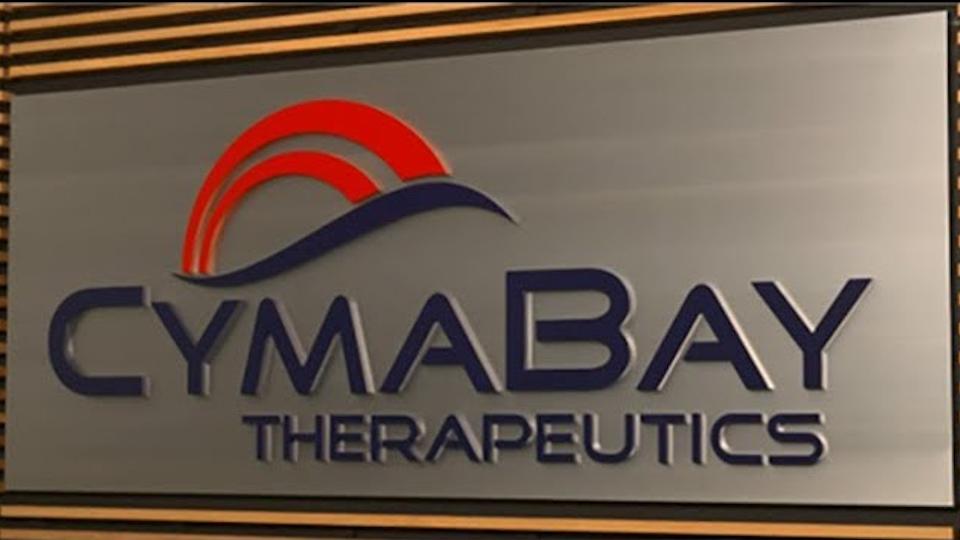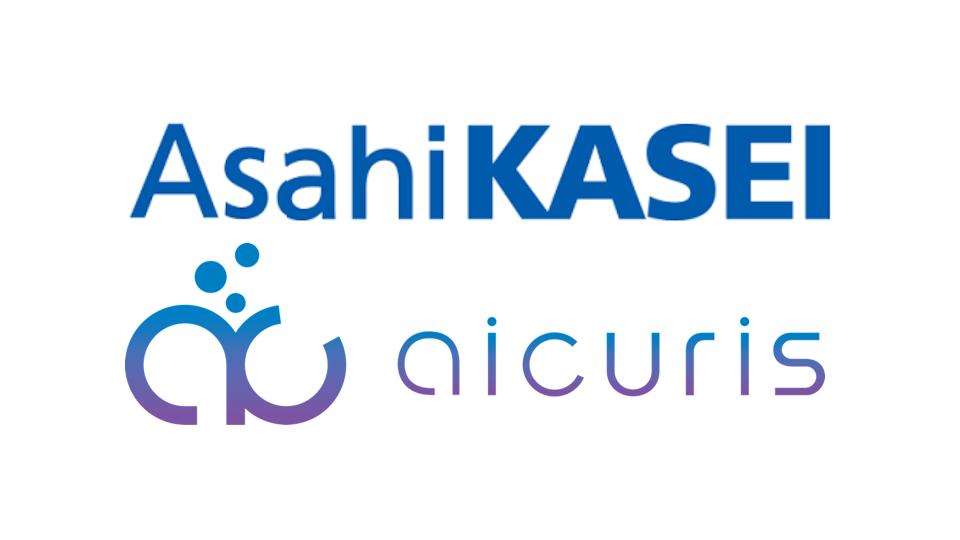Gilead to buy liver disease specialist CymaBay for $4.3bn

Gilead Sciences has beefed up its pipeline with an agreement to buy CymaBay Therapeutics and its seladelpar drug for rare liver disease primary biliary cholangitis (PBC), which has been filed for approval in the US.
The FDA is due to deliver a verdict on seladelpar – which was also in development for non-alcoholic steatohepatitis (NASH) before it failed a phase 3 programme – by 14th August after a priority review. It has been filed for the second-line treatment of adult PBC patients, without cirrhosis or with compensated cirrhosis, who do not respond or are intolerant to ursodeoxycholic acid (UDCA).
The $32.50-per-share offer is a 26.5% premium to CymaBay’s share price on Friday. Trading in the stock was suspended in the build-up to the deal announcement but had risen 25% to almost $32 at the time of writing.
PBC is a chronic, autoimmune disease mainly affecting women in which the bile ducts in the liver are gradually destroyed, causing symptoms including pruritus (itching) and fatigue and eventually leading to cirrhosis. It affects around 1 in 1,000 women over the age of 40, or around 130,000 people in the US, and, according to some estimates, that could represent a market worth $1.5 billion or more.
PPAR delta agonist seladelpar is trying to become the first novel second-line therapy for PBC in more than a decade, although it could be pipped at the post by Genfit and Ipsen’s dual PPAR alpha/delta agonist elafibranor, which is also under FDA review as a second-line PBC treatment and is due for a verdict by 10th June. Elafibranor was also being tested for NASH but failed to hit the mark in phase 3.
Gilead said that it believes seladelpar has a “best-in-disease” profile as a second-line therapy for PBC based on the results of the phase 3 RESPONSE trial, in which it outperformed placebo on a range of endpoints, including biochemical response, normalisation of liver biomarker alkaline phosphatase and pruritus.
That efficacy against severe itching – considered to be one of the most debilitating symptoms of PBC – could potentially help to differentiate the drug from elafibranor as Genfit and Ipsen’s drug was unable to show a statistically significant improvement on pruritus in its phase 3 ELATIVE trial.
“We are looking forward to advancing seladelpar by leveraging Gilead’s long-standing expertise in treating and curing liver diseases,” said Daniel O’Day, the company’s chief executive.
“Building on the strong research and development work by the CymaBay team to date, we have the potential to address a significant unmet need for people living with PBC and expand on our existing broad range of transformational therapies,” he added. Gilead expects the deal to close quickly, before the end of the first quarter.
Other potential PBC therapies coming through the industry pipeline include Alfasigma’s FXR agonist Ocaliva (obeticholic acid or OCA), heading for phase 3 in PBC, as well as Zydus Cadila’s PPAR alpha and gamma agonist saroglitazar (phase 3) and Calliditas’ NOX 1 and 4 inhibitor setanaxib (phase 2b).













